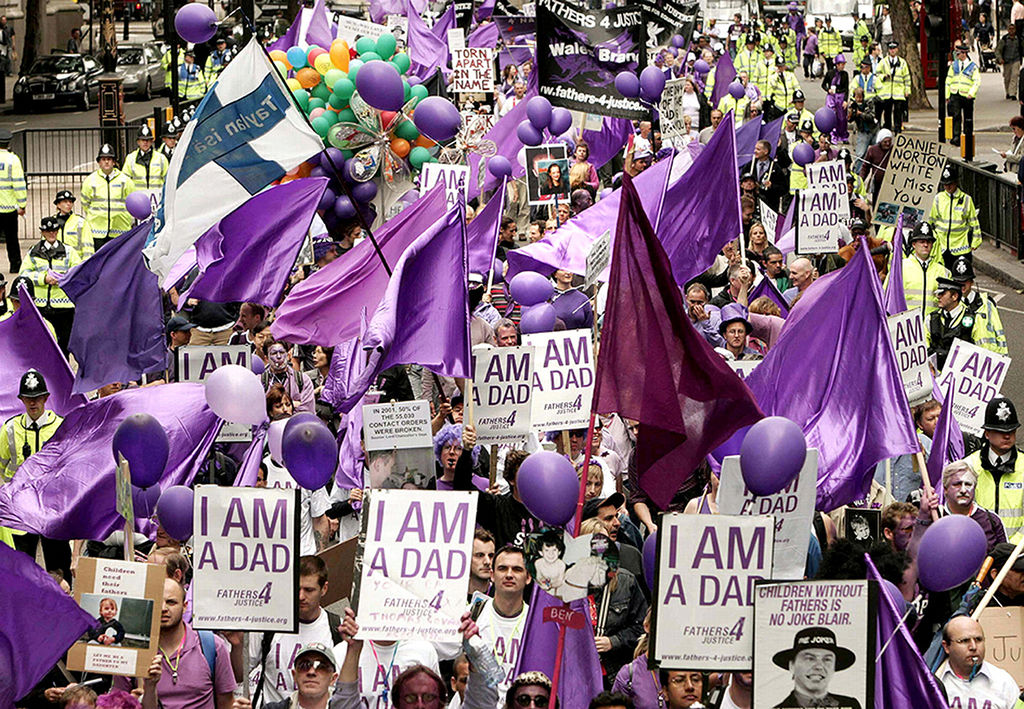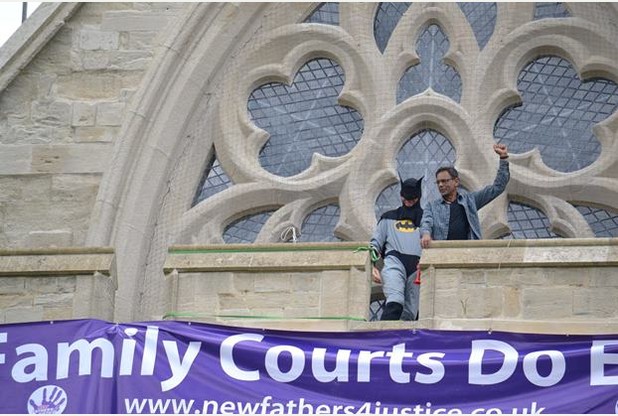One of the central principles of the family justice system has long been ensuring the privacy and confidentiality of the families involved.
Families going through divorces, child custody proceedings or cases involving child abuse have typically had their identities and the details of their cases protected.
But over recent years there has been a rising perception that the family courts are secretive and unaccountable – sparking calls for increased transparency, and raising important questions for human rights.
Privacy in Family Law

Family law is one of the most challenging areas for our courts, involving personal disputes that can be highly emotionally charged for everyone involved. We can all sympathise with peoples’ desire to maintain the privacy of their family affairs – particularly when something goes wrong . Generally speaking, this is protected in three ways:
- Private Hearings – Most family court hearings are conducted in ‘private’, meaning that members of the public cannot attend (but accredited journalists generally can);
- Reporting Restrictions – These are rules, such as those in the Administration of Justice Act 1960 and the Children Act 1989, which limit the type of information that the press can publish about family law cases; and
- Article 8 of the European Convention on Human Rights (ECHR) – This guarantees the right to respect for private and family life. Because of the Human Rights Act, family courts have to ensure this right is respected.
Secret Courts?

A series of controversial cases over the past decade have angered some people who claim that the family courts are secretive bodies that lack accountability. Public bodies must be accountable (that is, justify their decisions and actions) because their actions can have a big effect on people’s rights and they are funded by tax payer money.
Fathers4Justice, an organisation that campaigns for fathers’ rights, has argued that the family courts can discriminate against fathers and may, in certain circumstances, violate fathers’ rights to family life. Others, like columnist Christopher Booker, have said that ‘privacy’ in the family courts is merely a tool used to protect social workers from greater scrutiny. While misinformation and sensationalist reporting have fuelled this perception, it has had a very real effect – leaving many fearful of the system.

Some have taken the view that the only way to dispel these damaging myths is to open the courts up to the public. As the President of the Family Division Sir James Munby has consistently argued, “there is a need for greater transparency in order to improve public understanding of the court process and confidence in the court system.” To date, the following action has been taken:
- Media Attendance – Since 27 April 2009, accredited media representatives (members of the press who have an official Press Card) have had the right to attend most family court hearings;
- Publication of Written Judgments – Family judges are now obliged, as far as is possible, to publish their judgments to the publicly available British and Irish Legal Information Institute website; and
- The President’s Consultation – In August 2014, Sir James Munby initiated a consultation (a process whereby interested individuals and groups are invited to comment on proposed reforms) seeking opinions on a set of suggested improvements to transparency in the family courts.
Transparency and Human Rights

Behind this debate lies an interesting conflict between some of the rights guaranteed by the ECHR. On the one hand, there is Article 6 – the right to a fair trial, which generally requires hearings to take place in public. There is also Article 10 – the right to freedom of expression, which ensures people’s right to publish and receive information, including about court cases. Hedged against them is Article 8, which, as mentioned above, ensures the right to respect for peoples’ private and family life. Each family case involves a delicate balance of all these rights, with privacy often only winning out because of the primacy of children’s privacy rights.
While advocates of increased transparency cite the importance of open hearings to ensuring that our courts operate fairly, others have voiced concerns over the impact of such measures on children and other vulnerable parties. One fear is that increased media access will magnify the risk of children in family cases being publicly identified, something which the Association of Lawyers for Children says can have a lasting impact on their wellbeing.
This is a constantly evolving debate. For a clear and accurate source of new developments, try The Transparency Project and the excellent Suesspicious Minds blog.
- What is the right to family life and why does it matter?
- And why do human rights matter for parents? Read our Explainer







